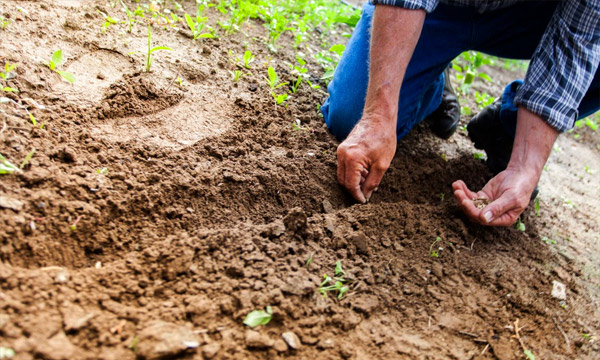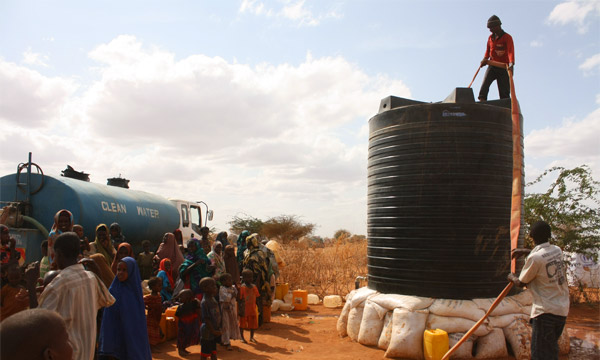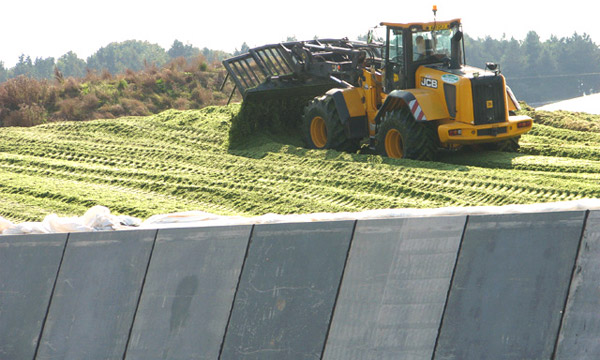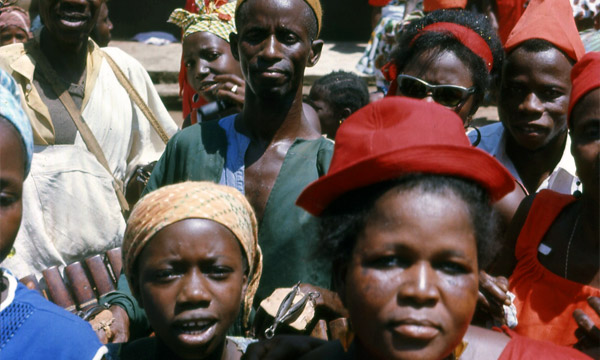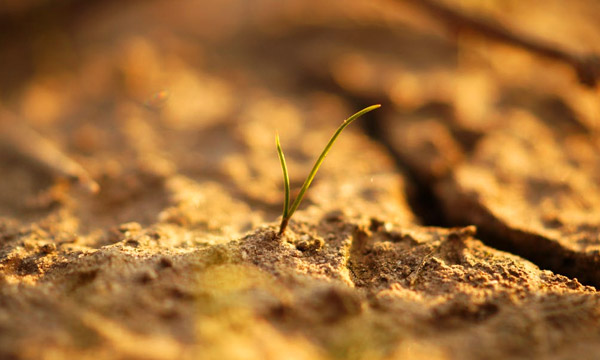
Supervisors
- Professor Kirk Semple (LEC)
- Professor Roger Pickup (BLS)
- Professor Ian Dodd (LEC)
- Professor Alastair Martin (Engineering)
- Dr Francis Boateng Agyenim (Council for Scientific and Industrial Research, Ghana)
Description
The overall aim of the project will focus broadly on the survival and mobility of pathogens associated with organic wastes, including human, agricultural and food waste streams. Through anaerobic digestion (AD) of these waste streams, energy can be produced in the form of biogas. AD also biochemically stabilizes these organic residues forming digestate, which can be used as a sustainable fertiliser or soil conditioner. However, the survival of pathogens through anaerobic digestion and subsequent application to agricultural soils remains unclear. Further, the mobility of these organisms through the soil to water or association with crops represent potential pathways for human and animal exposure and, therefore, a risk to health.
The objectives of this project are:
- To investigate the survival of target pathogens through anaerobic digestion and then in the soil, following the addition of digestate (WP 4 and 5).
- To investigate the movement of target pathogens through the soil, following the addition of digestate (WP 4 and 5).
- To consider the interactions between target pathogens and plants following the amendment of the digestate to the soil (WP 3 and 4).
- To consider approaches to reduce pathogenic microorganisms to an acceptable number in the digestate produced, by manipulating the AD process and/or by treating it (post AD processing) (WP 4 and 5).
- To develop cost-effective methods for pathogen detection in digestates that are applicable at a low-income community level (WP 5).
These objectives contribute to RECIRCULATE challenges by (potentially) reducing diffuse pollution sources derived from inefficient waste management; producing energy while reducing detrimental effects on human health; and improving water/nutrients use in the soil-plant systems.
This PhD project will give the successful candidate the opportunity to carry out interdisciplinary research at the interfaces between microbiology, agriculture and health, on a problem of immediate significance to communities in developing countries. There will be opportunities to study in these communities and with the academic partners in Ghana, Nigeria and the United Kingdom.
The project has now recruited.
Related Posts
Resource recovery from wastes: production of safe and sustainable fertiliser from human, agricultural and food waste streams
Supervisors Professor Kirk Semple (LEC) Professor Alastair Martin (Engineering) Professor Lawrence Ezemonye (University of Benin, Nigeria) Dr Francis Boateng Agyenim (Council for Scientific and [...]
A good job unfinished? How deficient infrastructure leads to ill-health through contaminated water in informal urban communities in Africa
Supervisors Dr Manoj Roy (LEC) Professor Roger Pickup (BLS) Dr Luigi Sedda (LMS) Dr Francis Boateng Agyenim (Council for Scientific and Industrial Research, Ghana) [...]
Optimising anaerobic digestion to produce sustainable energy from human, agricultural and food waste streams
Supervisor Professor Alastair Martin (Engineering) Professor Kirk Semple (LEC) Professor Lawrence Ezemonye (University of Benin, Nigeria) Dr Francis Boateng Agyenim (Council for Scientific and [...]
The role of gender in University-Industry knowledge technology and exchange (KTE) ecosystems in West Africa and UK water economies
Supervisors Dr Lola Dada (LUMS) Professor Sarah Jack (LUMS) Dr Cynthia Forson (Lancaster University, Ghana). Description This comparative study consists of two interrelated research [...]
